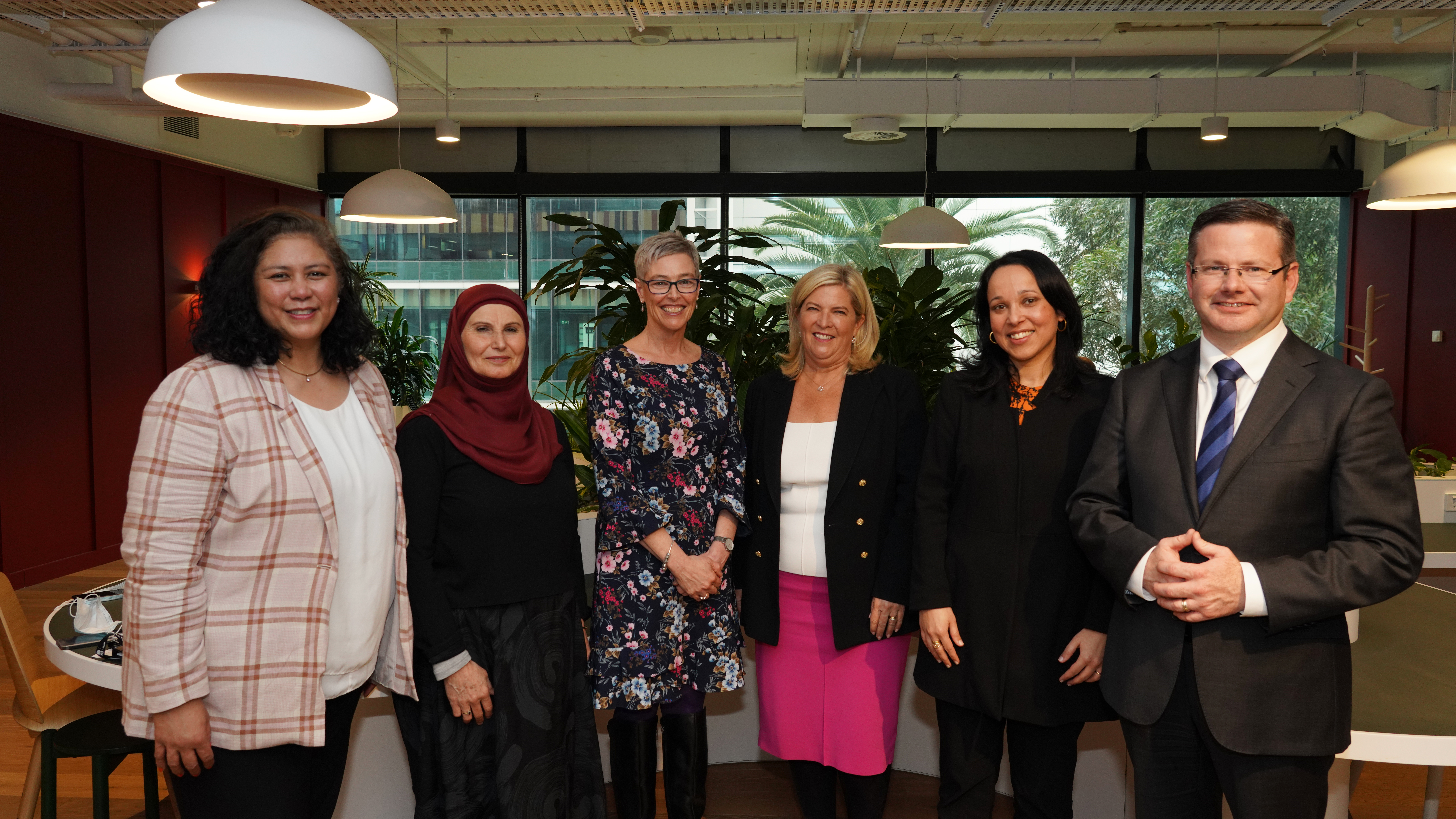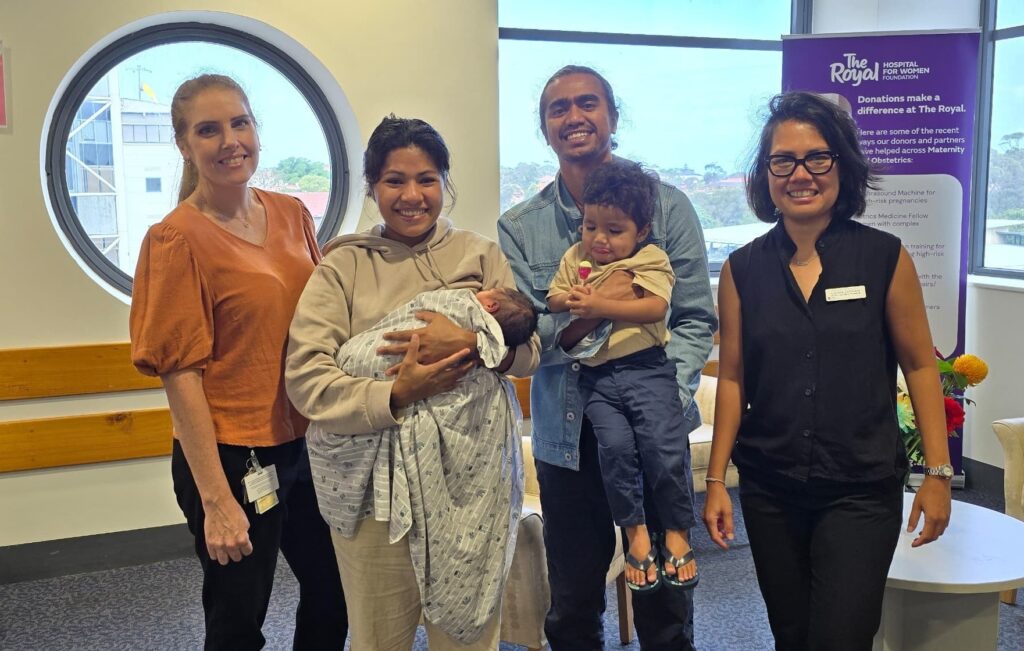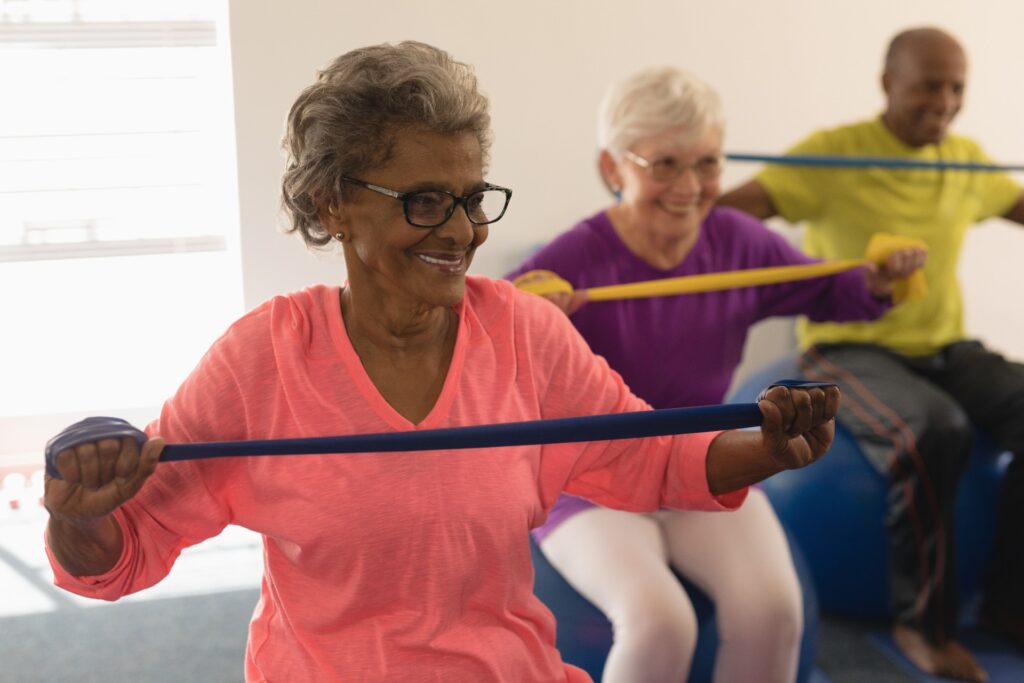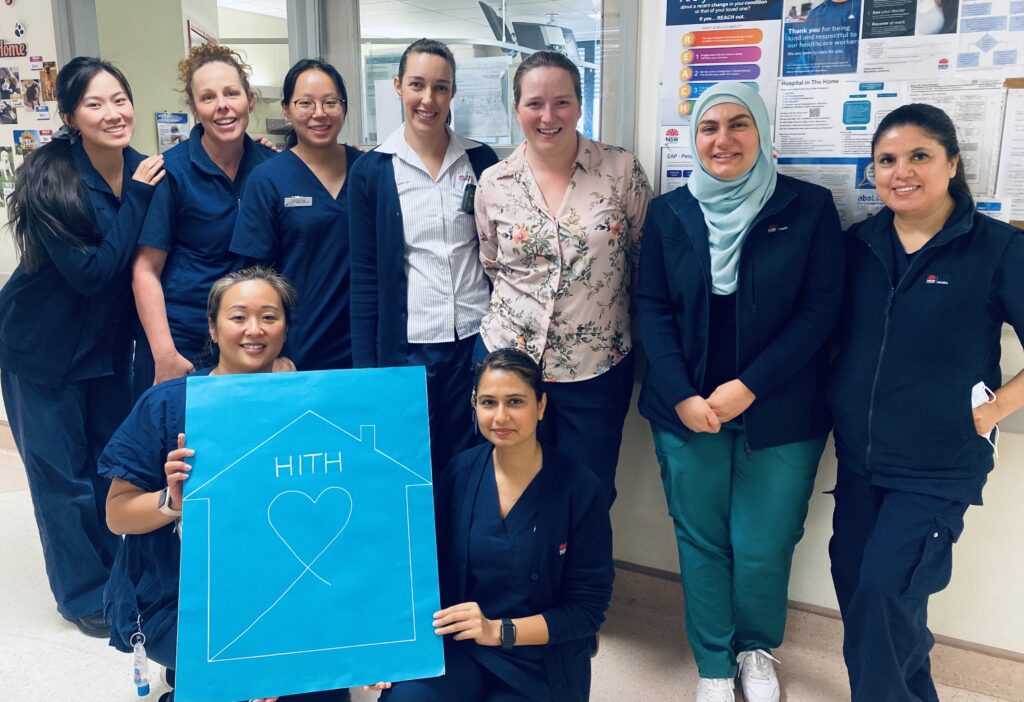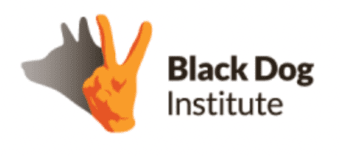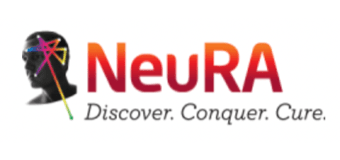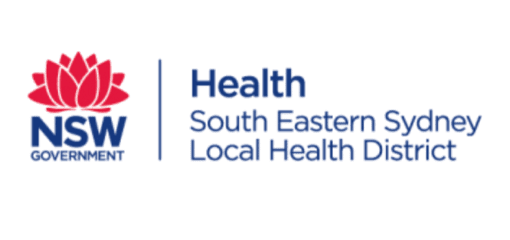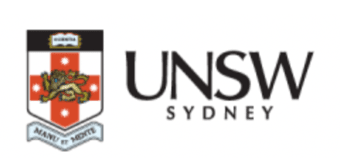Australian first: Multicultural mindfulness for mental health
Tuesday, 13 September 2022
In an Australian first, SESLHD’s Multicultural Health Service and the NSW Multicultural Health Communications Service have launched a new set of Multicultural Mindfulness Resources in seven languages.
Led by bilingual Senior Psychologist Hend Saab, the initiative aims to help people from culturally and linguistically diverse communities improve their mental wellbeing through culturally-adapted and in-language mindfulness exercises.
Available in Arabic, Bangla, English, Greek, Mandarin, Nepali and Spanish, the resources were officially launched online on 23 August by Bronnie Taylor, Minister for Women, Regional Health and Mental Health and Mark Coure, Minister for Multiculturalism and Minister for Seniors.
Lisa Woodland, Director, Priority Populations and Health Promotion and Director, NSW Multicultural Health Communication Service, said the COVID-19 pandemic has had a significant impact on the mental health of many people from culturally and linguistically diverse communities.
“We know that generally people from culturally and linguistically diverse backgrounds have poorer access to mental health support and resources, with language being one of the main barriers”, said Ms Woodland. “The resources were initially developed to respond to a need we saw in our District, but given it’s the first time evidence based resources like this have been translated and adapted, we know they will be really valuable for communities across NSW, Australia and even overseas.”
Working with bilingual mental health clinicians, accredited translators and community workers, Ms Saab developed these unique resources as part of the Multicultural Health Services’ broader mindfulness program that has been found to result in significant improvements in mental health and reductions in psychological distress among participants from diverse cultures and faiths.
The program, co-funded by the Central and Eastern Sydney PHN, dynamically responded to the COVID-19 pandemic and the self-directed resources can also be used by clinicians as an adjunct to clinical care for their patients from culturally and linguistically diverse backgrounds.
Brings together the strengths of four founding organisations

